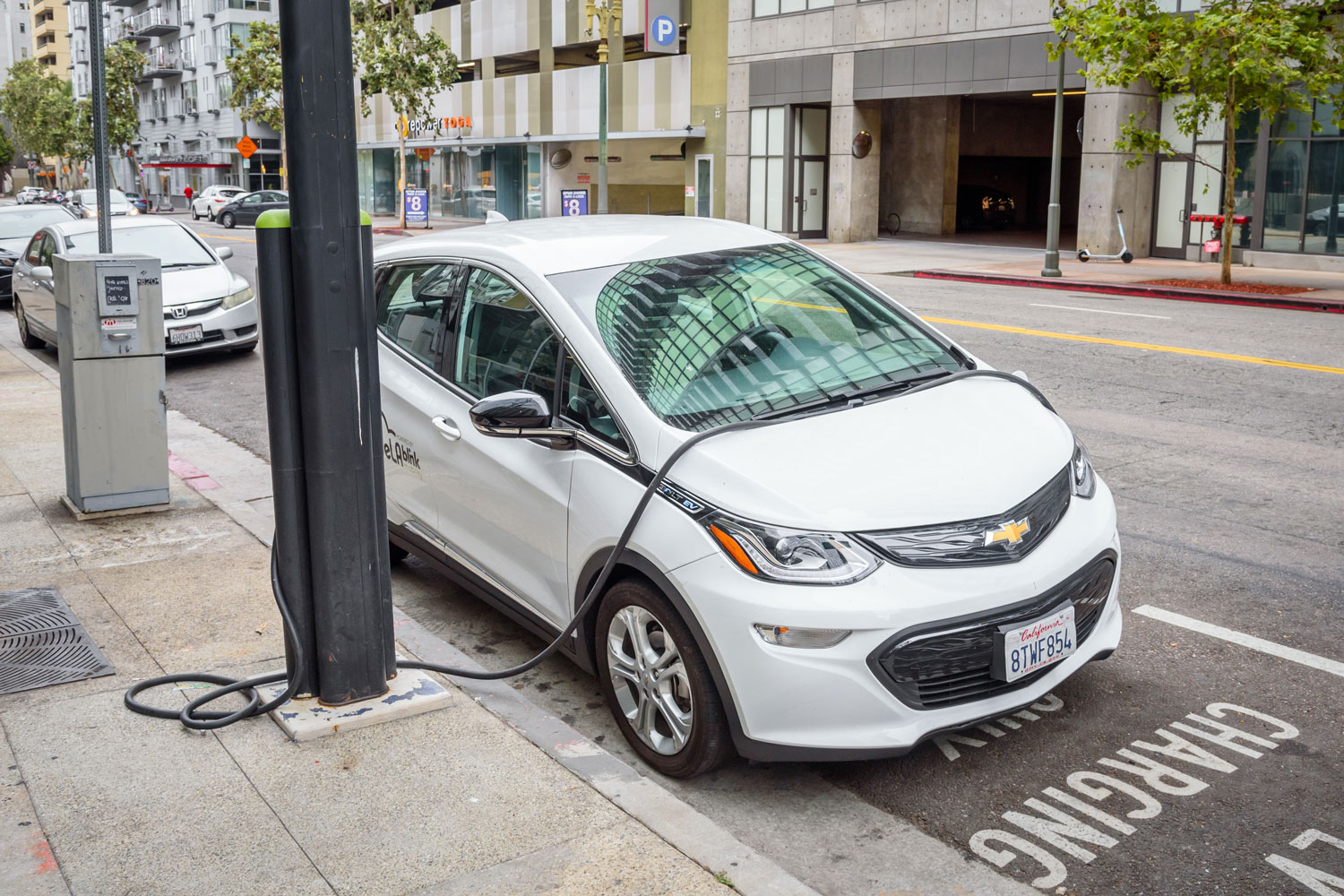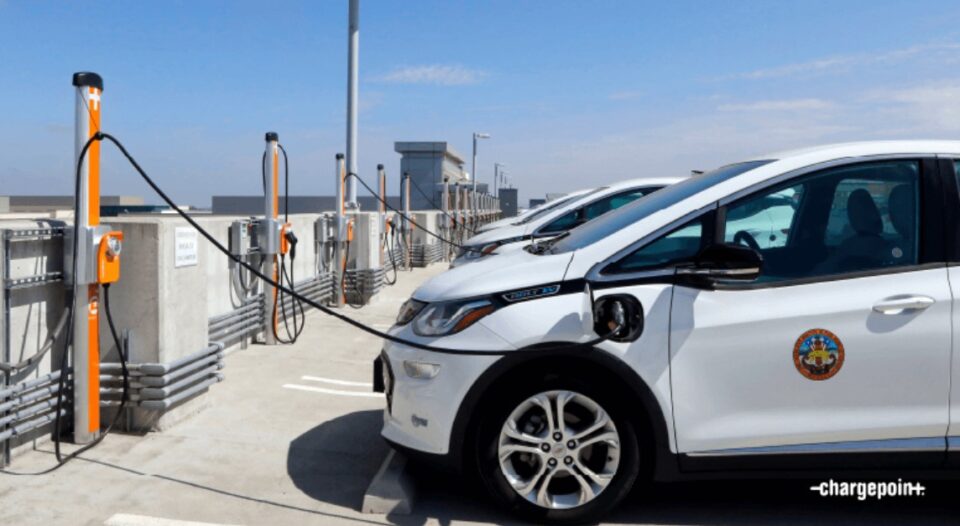Latest Trends and Insights You Need to Know Before You Buy EV Charging news
Latest Trends and Insights You Need to Know Before You Buy EV Charging news
Blog Article
Top EV Charging News: Secret Updates on Facilities and Innovation

Current Improvements in Fast-Charging Modern Technology

In addition, advancements in battery technology, including enhanced thermal management systems and higher energy density batteries, complement fast-charging abilities. These growths minimize the danger of battery degradation throughout fast charging, guaranteeing longevity and performance for EV proprietors.
Furthermore, the assimilation of smart billing services is improving individual experience, allowing real-time monitoring and vibrant pricing models. EV Charging news. This versatility enables vehicle drivers to maximize billing times and expenses based upon grid demand
As car manufacturers remain to spend in fast-charging networks, the cooperation in between industry stakeholders is important. Partnerships in between charging station suppliers and automotive producers are leading the way for comprehensive protection, inevitably promoting an extra durable EV ecosystem. These improvements are critical in sustaining the transition to lasting transportation.
Federal Government Efforts for Billing Expansion
Federal government efforts play a vital role in the development of electric car (EV) charging facilities, facilitating the shift to sustainable transportation. Numerous government and state programs are being carried out to boost charging access, reduce the financial problem on consumers, and advertise the fostering of electrical lorries.
Especially, the U.S. government has actually alloted considerable financing via the Facilities Financial Investment and Jobs Act, which earmarks $7.5 billion for EV billing network development across the nation. This financing is targeted at releasing thousands of brand-new billing terminals, especially in underserved areas, thereby dealing with array anxiety among potential EV buyers.
In addition, numerous states are passing legislation to improve the allowing procedure for charging terminal installments, which is crucial for accelerating implementation. Motivations such as tax obligation credits and rebates for both consumers and services are additionally being introduced to urge the setup of billing infrastructure.
Additionally, public-private collaborations are progressively ending up being a focus, leveraging personal financial investment to complement government funding. These efforts underscore a collective strategy necessary for constructing a extensive and effective EV charging network, eventually adding to a greener and more lasting future.
Ingenious Battery Solutions Enhancing Effectiveness
Reinventing the landscape of electrical vehicle (EV) innovation, innovative battery remedies are substantially boosting performance and efficiency. Developments in battery chemistry, specifically with lithium-sulfur and solid-state batteries, are leading to raised energy thickness, which permits for longer arrays and faster billing times. These brand-new battery kinds have the possible to surpass typical lithium-ion batteries by offering higher capabilities while decreasing weight, thus improving total lorry performance.
Moreover, developments in battery monitoring systems (BMS) are enhancing energy use and prolonging battery life expectancy. Smart formulas keep an eye on battery wellness and efficiency, enabling real-time modifications to charging and releasing procedures. This not only boosts the performance of the battery but also guarantees a much more sustainable and reputable power source for EVs.
Moreover, the assimilation of recycling innovations is addressing the ecological impact of battery production and disposal. Advancements in second-life applications for EV batteries are facilitating their usage in power storage systems, adding to a circular economic situation.
As these innovative battery solutions remain to advance, they promise to change the EV market, making electric cars more easily accessible and enticing to a wider target market while sustaining worldwide sustainability goals.

Partnership Between Automakers and Charging Networks
Recognizing the essential requirement for a durable charging infrastructure, car manufacturers are progressively working together with charging network carriers to boost the EV ownership experience (EV Charging news). These partnerships aim to develop a seamless charging ecosystem that benefits customers and sustains the shift to electric automobiles
Major vehicle brand names are joining forces with well-known billing networks to broaden their charging station coverage, guaranteeing drivers have access to hassle-free and reputable charging options. For circumstances, partnerships with networks like ChargePoint and Electrify America enable automakers to integrate billing remedies directly into their cars' navigation systems, directing customers to the nearby stations and providing real-time accessibility updates.
In addition, these partnerships usually cause the advancement of fast-charging technologies that significantly reduce the time required to recharge an EV. By merging sources and know-how, car manufacturers and charging networks can introduce faster, creating services that fulfill the expanding need for electric flexibility.
On top of that, joint efforts may likewise bring about even more standard charging procedures, which can reduce consumer complication and promote more comprehensive EV fostering. Generally, these strategic alliances are essential in building a reliable and straightforward charging facilities that fulfills the demands of a broadening electric vehicle market.
Difficulties Facing EV Billing Infrastructure
As the electric lorry market proceeds to grow, numerous challenges are surfacing that impede the growth of an extensive charging infrastructure. One of the main challenges is the inadequate variety of billing terminals, specifically in underserved and rural urban areas. This gap develops variety stress and anxiety amongst potential EV purchasers, preventing them from making the button.
In More about the author addition, the absence of standardization accountable technology complicates the framework landscape. Variations in plug types and billing speeds can produce confusion for individuals and enhance functional intricacies for billing network drivers. The assimilation of billing terminals into existing electrical grids poses substantial difficulties. Numerous areas face ability constraints, needing significant financial investments in check my site grid upgrades to fit boosted demand.
Another pressing problem is the high expense connected with the installment and upkeep of billing stations, which can be an obstacle for both public entities and private companies. Ultimately, regulative obstacles and zoning limitations can delay the implementation of charging infrastructure, impeding progress in expanding essential solutions. Attending to these challenges will certainly be critical for cultivating a durable EV environment that supports the transition to sustainable transport.
Final Thought
In conclusion, the recurring developments in EV charging technology, sustained by significant government initiatives and ingenious battery options, are vital for the growth and effectiveness of electrical lorry facilities. Cooperations in between car manufacturers and charging providers additionally improve station insurance coverage, resolving the expanding need for accessible charging alternatives. Regardless of challenges that continue within the EV billing landscape, these growths symbolize a favorable trajectory in the direction of a much more reliable and sustainable electric lorry environment.
Technologies in billing facilities have led to the growth of ultra-fast battery chargers capable of delivering up to 350 kW of power, substantially decreasing charging times. Variants in plug kinds and charging rates can create complication for users and boost functional intricacies for billing network drivers.In final thought, the recurring advancements in EV charging modern technology, you could look here supported by substantial federal government campaigns and ingenious battery remedies, are important for the development and efficiency of electrical car infrastructure. Partnerships in between car manufacturers and billing suppliers additionally enhance station coverage, dealing with the expanding need for obtainable billing choices. Regardless of difficulties that persist within the EV billing landscape, these growths signify a positive trajectory in the direction of an extra efficient and sustainable electric automobile environment.
Report this page